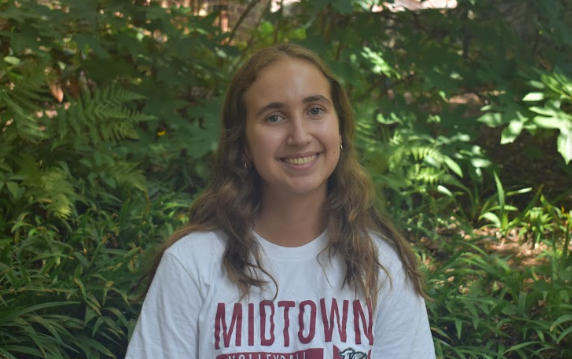Vouchers will be given to some families if State Bill 233, “The Georgia Promise Scholarship Act,” passes. These vouchers will allow parents to move their children from low-performing public schools into private schools or homeschooling.
“This is a school voucher bill that will allow students who attend a ‘failing school’ – the bottom 25% of schools across the state per performance indexes – to receive over $6,000 per year to be used on private school tuition or other education expenses,” state Sen. Elena Parent said. “Under the current version of the legislation, the students will have to have been enrolled in one of these low-performing schools for a year or so to qualify.”
This bill was passed in the Senate last year but was withdrawn and recommitted from the House. The bill was killed in 2023 but allowed further debate in 2024 in the second year of its two-year legislative session. This allows the vouchers a chance to pass without completely restarting the legislative process.
“The bill passed in the Senate last year, but was unable to get the required votes in the House of Representatives,” Senator Parent said. “However, Governor Kemp made it known in his State of the State address that he wants to see this legislation passed. We expect this bill to come up for a vote again.”
The Georgia Promise Scholarship Act vouchers are only available to kids in the bottom 25% of public schools based on the College and Career Ready Performance Index. Students in second through 12th grade must attend a Georgia public school for six weeks immediately before receiving a scholarship account.
“CCRPI scores take into account state test scores, student academic growth on these tests, graduation rates and other factors,” Senator Parent said. “I believe the CCRPI scores provide a useful data point, but they are incomplete because the common factor in our ‘low-performing’ schools is that their student body comes largely from impoverished families.”
The money that comes from the vouchers can be used for any of the following purposes according to House Bill 233: “tuition and fees at private schools, tutoring services, purchase of a curriculum and supplemental materials, services from a physician or therapist and up to $500 annually for transportation to and from a private school or an educational service provider.”
“I support using taxpayer dollars to strengthen our public schools, as opposed to providing this voucher, which I consider an illusory benefit,” Senator Parent said. “If one is a low-income urban school family, the amount of money provided is likely not enough to cover tuition at a private school. If one is in a rural school, there are often not many private school options in the area, if any.”
Midtown parent Beth Champ is worried about the voucher money not being used for its intended purpose.
“I worry about vouchers being used for religious organizations,” said Champ. “I’m a firm believer in the First Amendment, and I don’t think our tax-funded state government should fund religious institutions or faith-based learning at all, especially if that funding is being taken from public schools.”
Champ works with autistic and disabled kids at the Threshold Community Program. She said that vouchers are oftentimes the only way to meet special needs.
“Vouchers can be the only way to get the service and support they need,” Champ said. “Public schools are incredibly underfunded and under-supported in their special education departments, and private schools are often the last resort for families and individuals to meet their needs.”
Private schools are typically known for their smaller student-to-teacher ratio and more personalized learning environments. Sophomore Halle Prevost said that this environment could be replicated in a public school setting.
“[Georgia legislators] should create some sort of mentoring to create that one-on-one teaching style at public schools instead of taking people out of public schools,” Prevost said. “The vouchers are a bandaid fix over the overarching problem.”
Senator Parent said that the vouchers could take resources and money that public schools need to succeed and do not have to spare.
“I think these vouchers will impact schools and students across our state negatively because our under-funded schools will have to make do with fewer, more thinly spread resources,” said Parent. “At the very moment, we are facing low literacy rates and a need for skilled workers to staff Georgia’s growing economy.”
Champ said she is worried about the overall impact this bill will have on the public school system but said that she can see the bill succeeding if it is used properly.
“I would presume, like most issues around education, that there will be benefits and risks,” Champ said. “I hope that the legislation will prioritize students with the most unmet needs when designing the system and will continue to fund public schools to an increasing amount. I would hate for this to be the beginning of our state government giving up on the institution of public education.”









